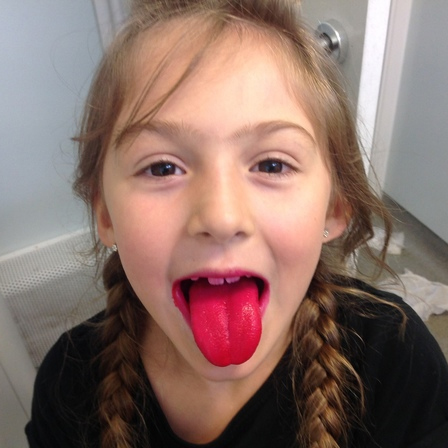Plaque is a sticky film of bacteria that can cause dental problems such as cavities and tooth decay. Unfortunately, many of our patients have problems with plaque as it’s a very common issue among the population.
The good news, however, is there are a variety of methods you can use to fight plaque. The obvious tools to reduce plaque are your toothbrush and floss, but another not-so-obvious tool is disclosing tablets. These tablets work by staining your plaque bright red, thereby helping you to see it and get rid of it. In this post, we’ll discuss how disclosing tablets work and whether they’re worth using.
How do disclosing tablets work?
Plaque is difficult to see because it’s transparent in its early stages. This is where disclosing tablets come in to help. These tablets contain a dye (usually red, pink or blue) that colours the plaque on your teeth. The dye makes the plaque very easy to see and lets you know which areas of your teeth you need to brush better.
Disclosing tablets are available at many pharmacies and supermarkets and you don’t need a description to buy them. What’s more, they’re very easy to use. Simply chew one and then rinse your mouth water. Any plaque on your teeth will be dyed a bright colour!
Are disclosing tablets safe for children?
Generally, yes, disclosing tablets are safe for children. However, do read the packet beforehand and follow all of the instructions. Also, keep in mind that disclosing tablets should not be swallowed, so make sure your child is old enough to know not to swallow them.
We’d like to add that disclosing tablets are a great way to teach children about the importance of brushing their teeth thoroughly. The fact that children can see the stains on their teeth makes the activity fun and engaging, and therefore highly educational.
Are disclosing tablets worth using?
Disclosing tablets are definitely worth using because they help you to see where you’re not brushing enough. This will make you more aware of how to brush your teeth properly and ultimately improve your dental hygiene.
A study in 2014 looked into whether disclosing tablets actually do make a difference on a person’s dental hygiene. The participants in the study were 148 teenagers and young adults who wore braces. The study found that the participants who were given disclosing tablets had a lower amount of plaque at the end of the study than the other participants.
Another study, also from 2014, also looked into the matter. The participants in this study were 100 people, half of whom were given disclosing tablets. After the three weeks, the researchers assessed the plaque of all of the participants and found that the people who had received disclosing tablets had less plaque.
However, remember that disclosing tablets are not a be-all and end-all. You also need to floss and brush your teeth twice a day to keep plaque under control. Regular dental check-ups are also important. If you’d like to see a dentist about plaque, simply call us and speak to one of our friendly receptionists.


